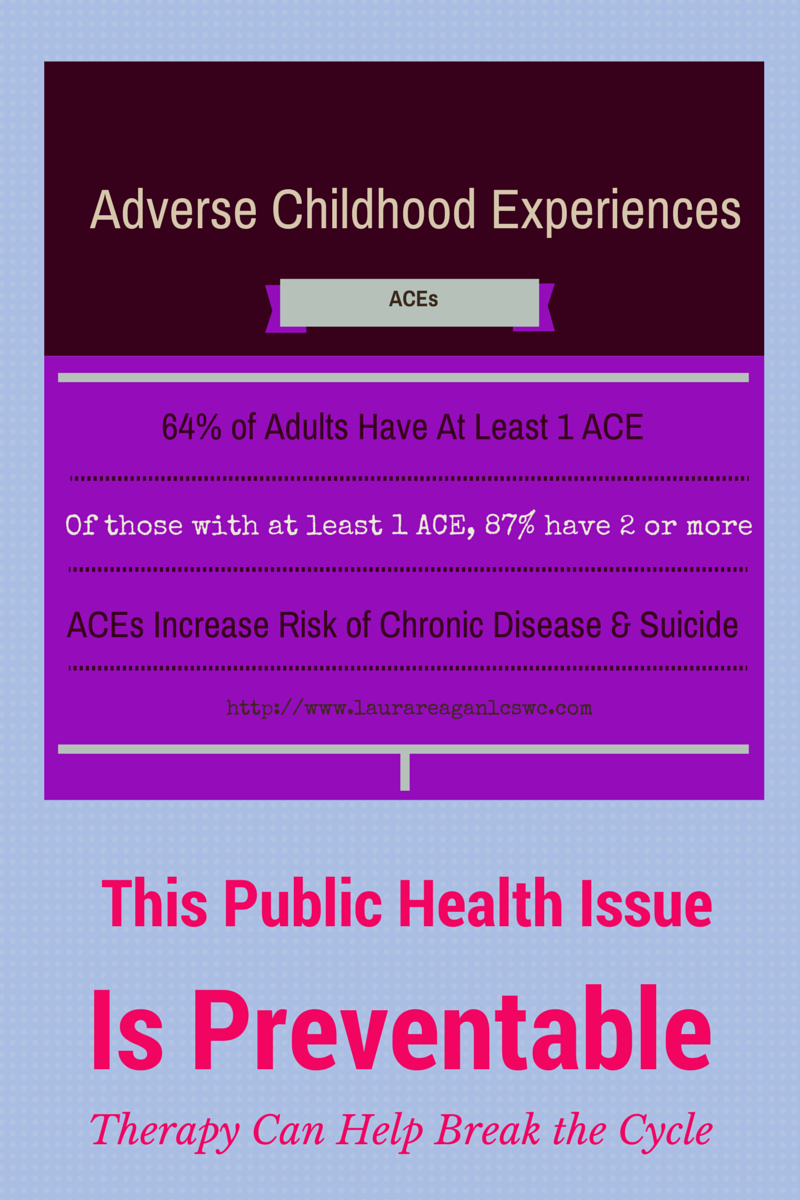Forgiveness: Is It Necessary for Healing?
I recently attended a beautiful healing retreat in San Diego. I have been thinking about forgiveness a lot lately. While reflecting during the retreat I realized that I've been holding on to some resentment that has been a barrier to my relationships with important people in my life. As painful as it is to have this barrier in those relationships, I realize that it is actually creating a barrier to my own relationship with myself as well. Self-forgiveness is a key factor in being able to forgive anyone else. Taking the time to reflect helped me see that and let go of that old stuff, and as a result, I feel better and I'm relating differently to the important people in my life.
This subject frequently comes up in my therapy sessions with adults who have experienced childhood abuse, neglect, or other traumas. It's also a popular theme in our culture. Click on the image to the right to listen to Episode #10 of the Baltimore Annapolis Psychotherapy Podcast on forgiveness.In it, I discuss the concept of forgiveness and offer some thoughts on the role of forgiveness in the healing process. I also offer resources for forgiving in a way that is authentic and true. Here's a summary of what I said in the podcast:
In the last episode of the Baltimore Annapolis Psychotherapy Podcast, I asked whether you'd ever had a loss of relationship with someone with whom you were formerly very close. Something happened which led you to decide that you do not want to communicate with this person anymore. Or maybe you are setting boundaries around the role they have in your life because continuing to be close after what happened feels too painful.
I raised the point that our culture tells us, both through religion and our popular culture, that forgiveness is a requirement for healing. But what if the person hasn't asked for your forgiveness? What if they deny that they did anything wrong? What if they have passed away, and you will never have the discussion about how their actions hurt you? What if they have apologized in a way that feels hollow? Is forgiveness really about the person who did wrong or about the person who has been hurt? Is it for your healing or theirs? Or the healing of the relationship?
Healing childhood trauma involves allowing oneself to feel the painful emotions we may have been avoiding, consciously or unconsciously. Before jumping to forgiveness it is important to acknowledge these painful emotions. Self-compassion is extremely helpful to healing these hurts and moving the process of forgiveness forward. I offer resources for increasing self compassion in the podcast.
Researcher Kristin Neff, PhD has researched and written extensively on the subject of self compassion. I highly recommend her book, "Self Compassion," and her website: http://www.selfcompassion.org/ to facilitate healing and allow forgiveness of yourself and those who have hurt you.
If you're in the Baltimore area and looking for a therapist to begin or continue your journey of healing childhood trauma, get in touch with me at (443) 510-1048 or laura@laurareaganlcswc.com to talk about how I can help. See below for places to get more of what I have to say.
Find me on Facebook, Twitter, Pinterest, and Google +. You can listen to my podcast here and sign up for my e-mail newsletter here. Check out my website, www.laurareaganlcswc.com for information on upcoming workshops, groups and retreats. I'd love to talk about how we can work together!
What does asking for forgiveness look like?






